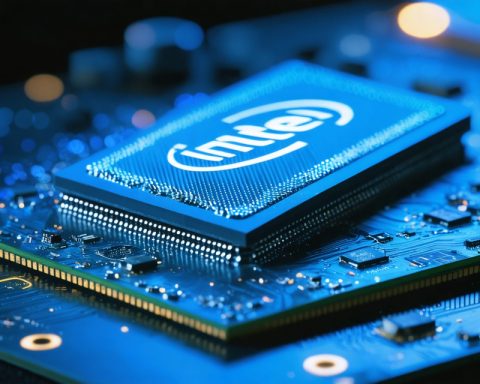In a strategic business move, Nokia has finalized the transfer of its ownership of Alcatel Submarine Networks (ASN) to the French government, as announced in a recent press statement. Recognized as a leading entity in the submarine network industry, ASN’s acquisition was completed on the last day of December.
Nokia maintains a strategic interest by keeping a 20% shareholding in ASN, along with retaining a position on the board of directors. This decision is made to ensure a seamless transition of management and operations as the French government is poised to purchase Nokia’s remaining shares in the future.
The shift in ownership aligns with Nokia’s intention to redirect its focus toward enhancing its Network Infrastructure portfolio, aiming to capitalize on emerging growth opportunities within its primary markets. Meanwhile, the sale of ASN represents a shift in its business strategy, allowing Nokia to concentrate on these core areas.
Starting from the second quarter of 2024, Nokia will report ASN as a discontinued operation, reflecting the completed divestment and its forward-looking business strategy.
Overall, this targeted divestiture forms part of Nokia’s broader plan to streamline operations and strengthen its position within its most competitive sectors, while ensuring that ASN continues to flourish under new management.
Nokia’s Strategic Shift: Unlocking New Opportunities with ASN Sale
Nokia’s recent divestiture of Alcatel Submarine Networks (ASN) to the French government marks a significant pivot in its strategic roadmap. This move reflects Nokia’s intent to concentrate on its Network Infrastructure portfolio, enhancing focus on burgeoning growth sectors. As part of the transaction, Nokia retains a 20% stake and a board position in ASN to ensure a smooth operational transition, with an eye on future dealings with the French government.
Features and Use Cases of Submarine Networks
ASN is renowned for its innovations in submarine network technology, crucial for global internet connectivity. These networks form the backbone of international communications, transmitting vast amounts of data across continents. Their technological advancements enable lower latency and higher bandwidth capabilities, supporting the surge in global digital consumption.
Market Analysis and Trends
The submarine network market is witnessing robust growth, driven by increased demand for high-speed internet and global data centers. As cloud-based services expand, and with the rising importance of connectivity in remote regions, submarine cables are expected to be in high demand. Nokia’s divestment allows it to capitalize on other high-value sectors, reinforcing its position as a leader in network solutions.
Anticipated Innovations
Within the domain of network infrastructure, Nokia is focusing on developing advanced networking technologies like 5G and artificial intelligence-driven network management systems. These innovations are poised to redefine connectivity, offering more efficient and scalable solutions.
Sustainability and Security Aspects
Nokia is committed to sustainable practices within its operations, aiming to reduce its carbon footprint and enhance cybersecurity measures throughout its infrastructure projects. The shift will allow Nokia to invest in greener technologies and advance its efforts in network security, ensuring the integrity and resilience of its systems.
Future Predictions
As Nokia streamlines its operations, the company is well-positioned to leverage emerging market opportunities and drive innovation. By shedding non-core assets like ASN, Nokia can redirect resources to growth areas that hold significant potential for technological advancement and market expansion.
For further details on Nokia’s strategic initiatives and industry insights, visit the official Nokia website.



















